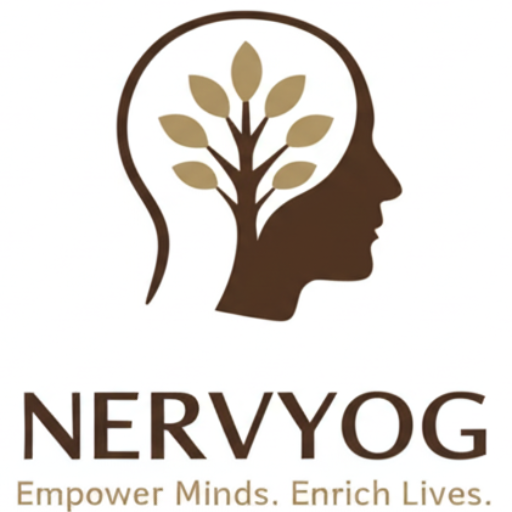In the fast-paced, materialistic world we live in, many individuals are seeking a deeper meaning in life. They long for contentment, inner peace, and a sense of purpose that transcends the external trappings of success. The Vedanta way of living offers profound insights and timeless wisdom that can guide us on this transformative journey. Rooted in ancient Indian philosophy, Vedanta provides a roadmap to not only understand the self but also to realize our interconnectedness with the universe. In this blog, we’ll explore the key principles of Vedanta and how they can be applied to modern life for a more fulfilling existence.
The Essence of Vedanta:
Vedanta, derived from two Sanskrit words, “Veda” (knowledge) and “Anta” (end or conclusion), signifies the culmination of wisdom found in the ancient Vedic texts. It delves into the fundamental questions of human existence, exploring the nature of reality, the self, and the ultimate truth. At its core, Vedanta teaches that the essence of every individual, the Atman (soul), is eternal, unchanging, and interconnected with the universal consciousness, Brahman.
The Concept of Self-Realization:
Central to Vedanta is the concept of self-realization. It encourages individuals to go beyond their ego and intellect, transcending the limitations of the physical and material world. Self-realization is not about gaining knowledge from external sources but rather recognizing the divine spark within oneself. Through meditation, introspection, and self-inquiry, one can experience the unity of Atman and Brahman, leading to profound inner peace and fulfillment.
Living a Life of Detachment:
Vedanta advocates the practice of detachment, not in the sense of apathy but as a means to free oneself from the bondage of desires and attachments. By detaching from the transient and ever-changing aspects of life, individuals can focus on their spiritual growth and the pursuit of higher knowledge. This detachment does not necessitate renunciation but rather a shift in perspective, where material possessions and achievements are seen as temporary and secondary to the pursuit of self-realization.
The Role of Karma and Dharma:
Karma, the law of cause and effect, plays a significant role in Vedanta. It teaches that our actions have consequences, and we are responsible for our own destinies. By acting with awareness and aligning our actions with dharma (righteousness or duty), we can create positive karma that leads us closer to self-realization. Living a life in harmony with dharma not only benefits the individual but also contributes to the greater good of society.
Meditation and Mindfulness:
Meditation is a cornerstone of Vedanta practice. It provides a means to quiet the mind, still the constant chatter, and delve into the depths of one’s consciousness. Through meditation, individuals can experience moments of pure awareness and unity with the divine. Mindfulness, the practice of being fully present in each moment, also complements meditation, allowing individuals to carry their spiritual insights into everyday life.
Universal Love and Compassion:
Vedanta emphasizes the importance of universal love and compassion. When one realizes the interconnectedness of all beings and recognizes the divine presence in everyone, a natural sense of compassion arises. This compassion extends not only to humans but to all living creatures and the entire cosmos. Practicing love and compassion fosters a sense of unity and reduces conflicts, leading to a more harmonious world.
The Vedanta way of living offers a profound philosophy that can guide individuals on their quest for inner fulfillment and spiritual awakening. By embracing self-realization, detachment, karma, dharma, meditation, and universal love, we can navigate the complexities of modern life with greater wisdom and purpose. Vedanta teaches that the path to self-realization is not reserved for ascetics in remote caves but is accessible to anyone willing to embark on this transformative journey of self-discovery and spiritual growth.


Add a Comment